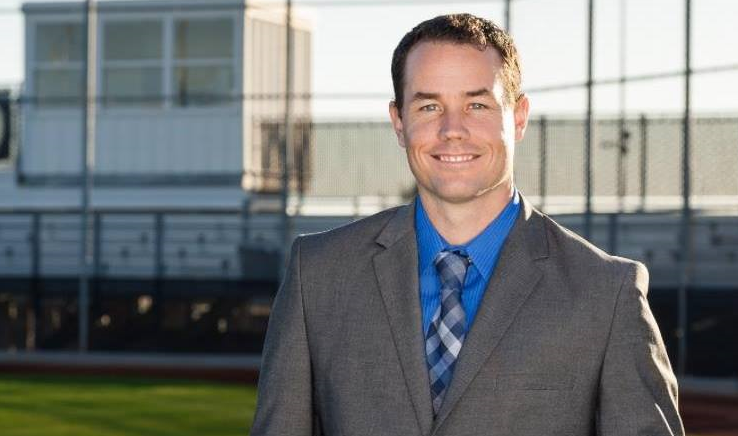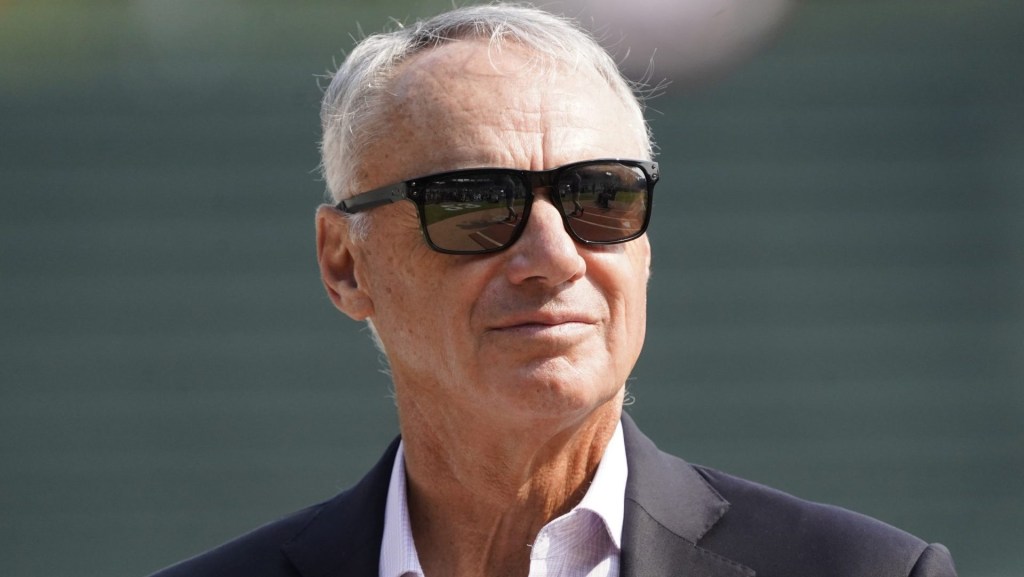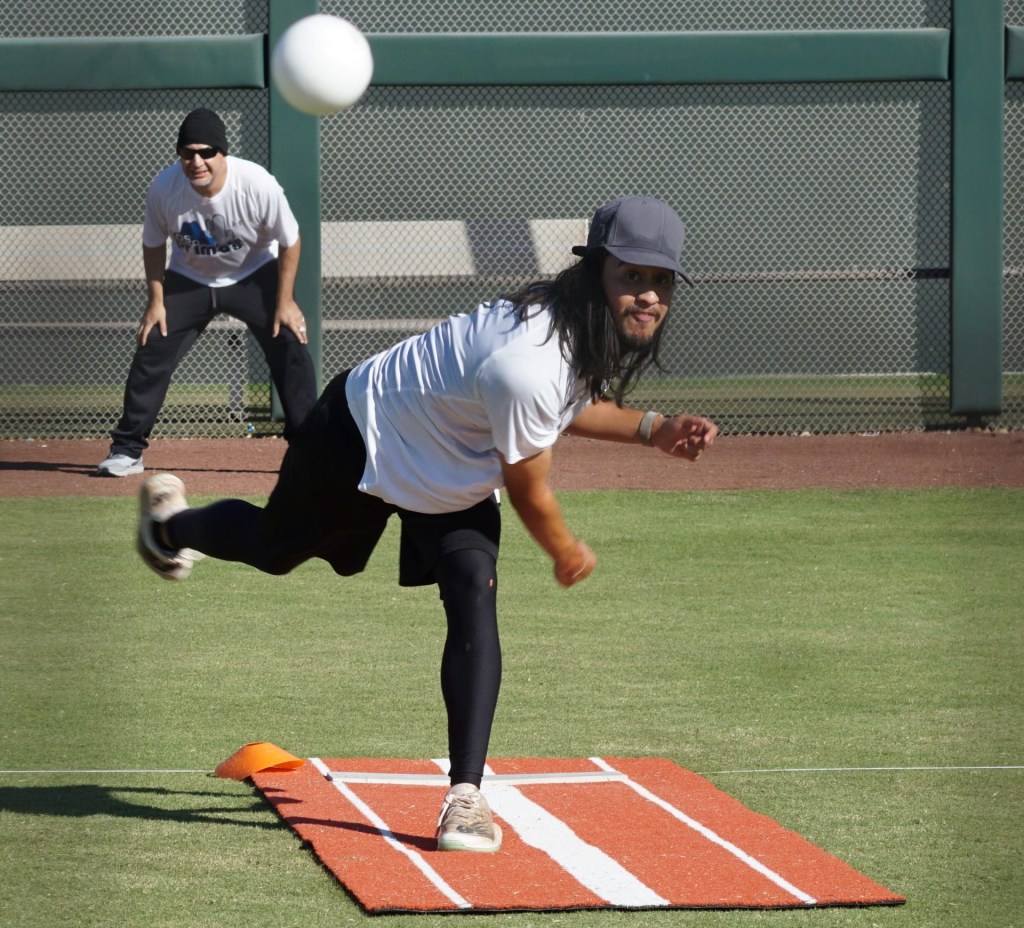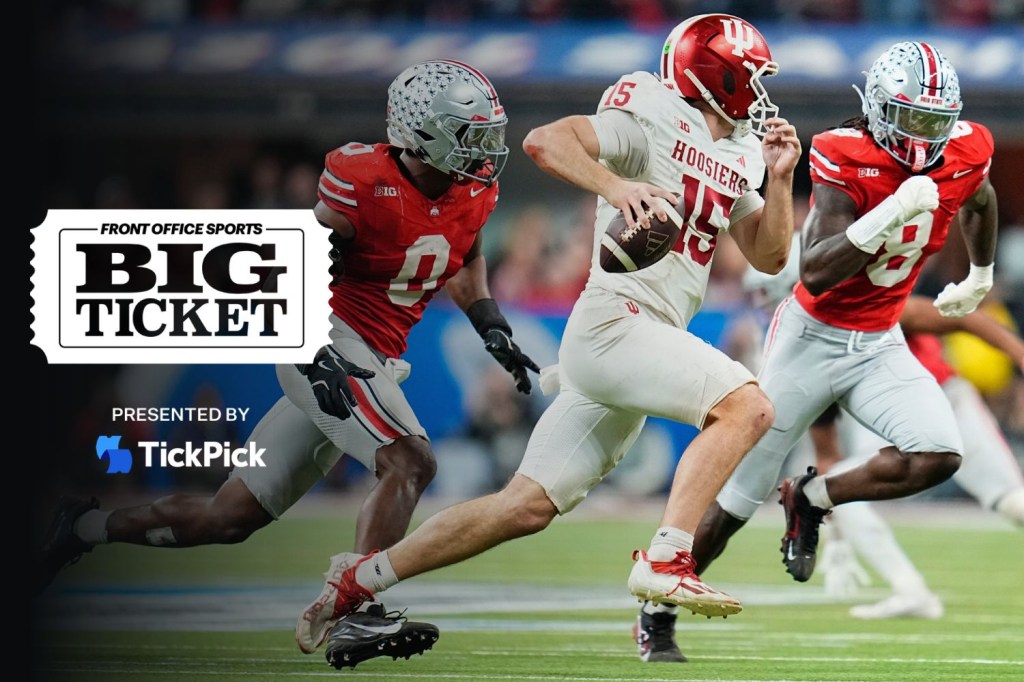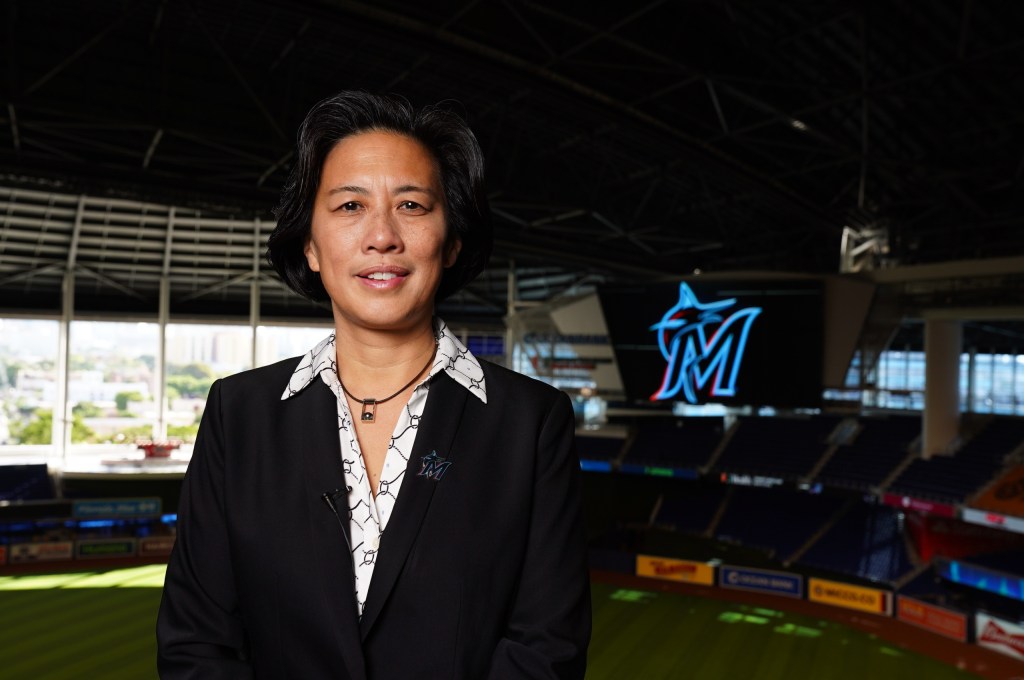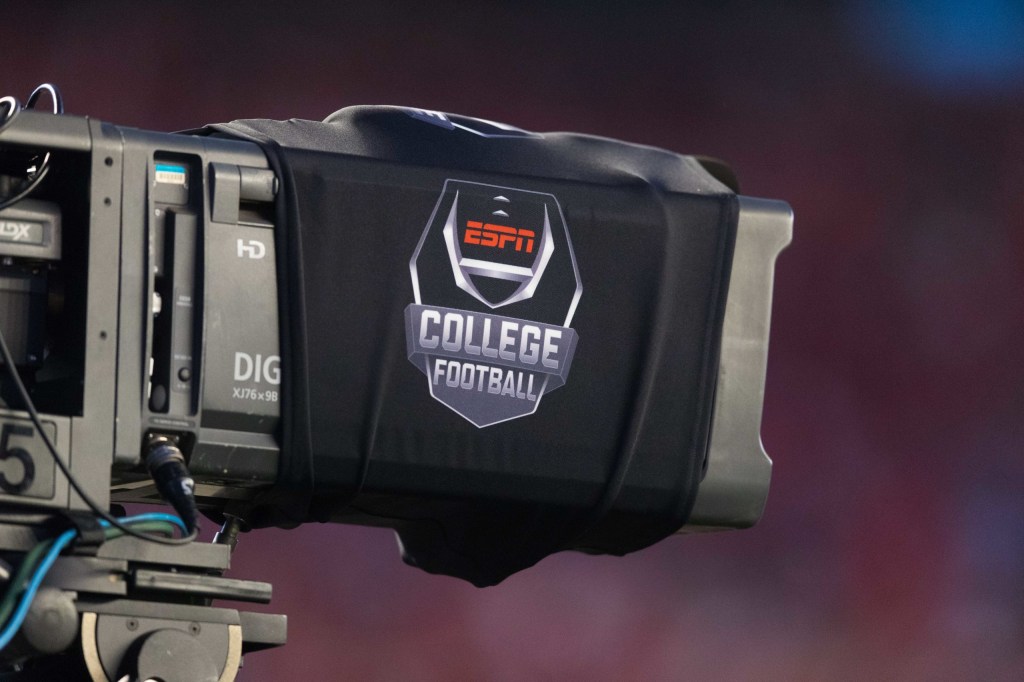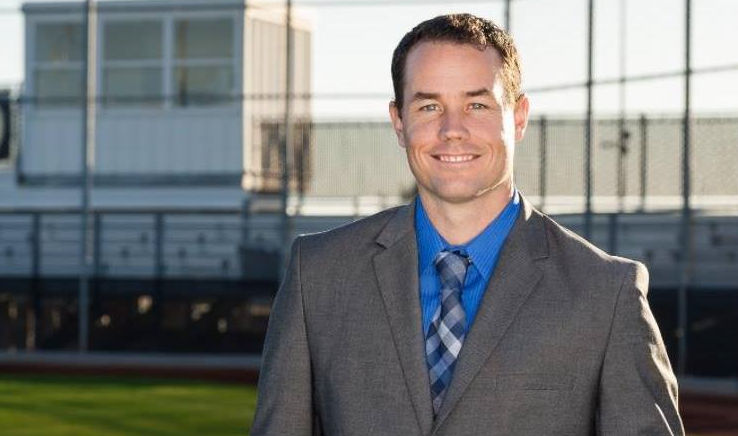
McCarney turned his struggle with balancing a mental health disorder and playing baseball into an initiative that is changing the lives of athletes across the country. (Photo via China McCarney)
The Olympics are over and although they didn’t perform as well as past years, Team USA still had some moments of glory. The United States had Red Gerard, Jamie Anderson, Chloe Kim, Shaun White, Mikaela Shiffrin, Kikkan Randall, Jessie Diggins, David Wise, and the Women’s Ice Hockey and Men’s Curling Team all take home gold medals.
By the time these athletes arrived in Pyeongchang, South Korea, their bodies were prepared for the physical rigor of the games due to the intense training and nutrition regime that they take part in during the four years leading up to the games. However, what people often don’t account for is the fact that by the time these athletes finally make it to the Olympics, it’s often not the physical ability that determines whether they make it to the podium or not, it’s how they handle the stresses and pressures associated with the games that makes all the difference.
“Scientists claim that as little as 10 percent of sports is physical, while the other 90 percent is mental.”
That means, in order to succeed at the highest level (i.e. the Olympics), athletes have to learn to master what goes on between their ears and they have to do it consistently, while the entire world is watching.
But what happens if you’re not only an Olympian, but you’re also a part of the one in five adults who suffer from a mental health disorder and the mastery of the mind is harder than normal? Or worse, what if you’re an athlete who suffers from a mental health disorder but are too ashamed or afraid to seek the proper help you need?
Unfortunately, those circumstances are all too common amongst athletes, whether they’re an Olympian or not. Luckily for the sports world, there’s someone who has made it his life’s mission to help diminish the stigma around mental health disorders, by building community and being unashamed to tell his own story.
That man is China McCarney, former professional baseball player, entrepreneur, writer (his new book, Tell Your Story was released on February 24th) and founder of Athletes Against Anxiety and Depression, a first of its kind, non-profit organization dedicated to providing athletes with the resources and community they need to overcome their battles with mental health disorders.
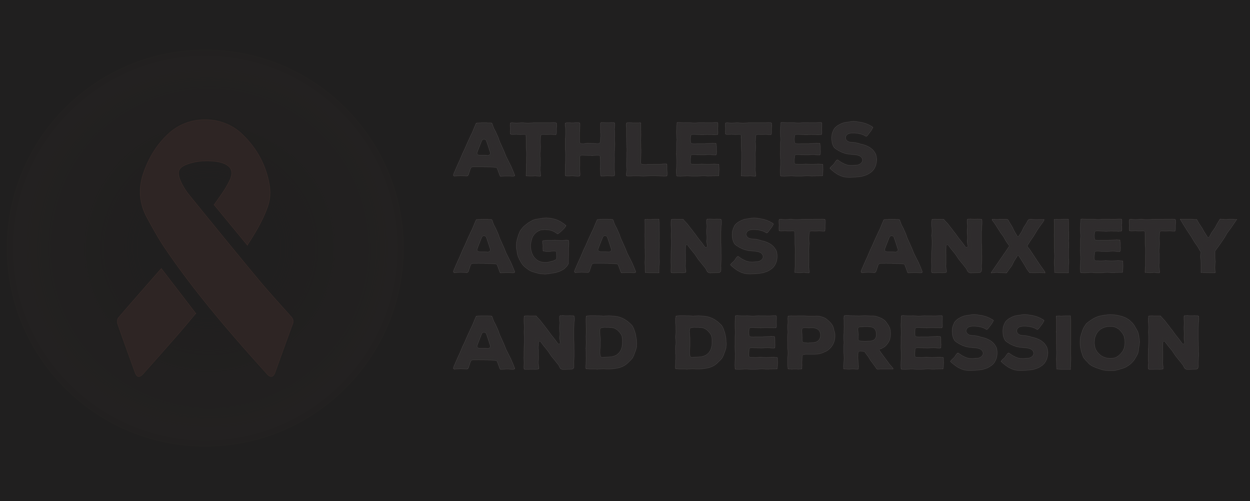
Athlete’s Against Anxiety and Depression: The first non-profit organization that is solely dedicated to helping athletes manage their mental health concerns. (Photo via China McCarney)
“I wanted to start Athletes Against Anxiety and Depression because of my own personal battle with panic attacks, anxiety, and depression. I hid it for so long because I didn’t want anyone to find out and I thought I’d be judged negatively because of the mental stigma associated with mental health disorders.”
In fact, McCarney attributes the start of the foundation to a panic attack that the had in 2015. McCarney had been struggling with anxiety for six to seven years at that time and eventually got fed up with not having an effective solution to his problem. As a result, he decided to look at his disorder through the lens of an identity he has always held, that of an athlete.
“Okay, how do I beat this? Instead of being negative about it, I wanted to turn this into a positive and make this a competition amongst myself. And I soon realized that the best way for me to beat it was to start talking about it. I began going to counseling and the biggest positive shift for me occurred once I started telling my story and once I realized how many people there are that are struggling, yet, keeping it silent.”
It was that drive that fueled McCarney’s creative spirit and his desire to create something that was non-existent up until this point: a place where athletes could go, obtain resources, build community and do so without judgment. McCarney didn’t even realize how many people he would touch with his story until he began sharing his own testimony over social media videos in November 2016.
“After I posted the first video, my phone started blowing up. People were shocked and it was very clear that I needed to do something more than a social media campaign, so I got my lawyers together and three months later, Athletes Against Anxiety and Depression was a fully functioning 501c(3).”
And the stigma McCarney references is one that is admittedly still prevalent in the sports world, but with initiatives like McCarney’s, is becoming less and less taboo. In fact, Gracie Gold, a figure-skating bronze medalist removed herself from competing in the winter games this year due to her bout with depression, anxiety, and an eating disorder. An admission that some would argue, wouldn’t have been provided even five years ago.
“Michael Phelps came out and said he didn’t know if he was going to make it through the games at one point and thought about committing suicide. Emma Stone and other celebrities have also come out and spoken about their journey. People ask me all the time about what can be done and the only answer I have is to have more people share their story. I think the more testimonies that people hear, especially stars, the more community that can be created. And when you create community, you bring people together instead of alienating people, which is the key to managing mental health effectively.”
And furthermore, the community that McCarney helps create for athletes across the country is only one of the many benefits that his foundation offers.
“I am not a licensed medical professional by any stretch of the imagination, but I wanted to create a space so if an athlete contacted the foundation, we would have the resources they would need to be pointed in the right direction. We have formed very strong partnerships with organizations like the Anxiety and Depression Association of America and other entities who have thousands of licensed counselors, therapists, and psychologists trained to address the needs of athletes and others who are struggling with mental health issues in a timely and effective manner.”
Down the line, McCarney hopes to host a series of events in partnership with the Olympics, NCAA Tournament and the Super Bowl to bring mental health awareness to the forefront of the minds of the fans who view the events and the athletes who participate in them. Additionally, McCarney would like to help facilitate programs that focus on student-athlete wellness on campuses across the country. The programs will cover topics like meditation, mindfulness, and other techniques proven to decrease the effects of anxiety and depression in athletes.
And although McCarney has big dreams for the future, he’s making sure that he’s appreciative of all that the foundation has accomplished in such a short amount of time.
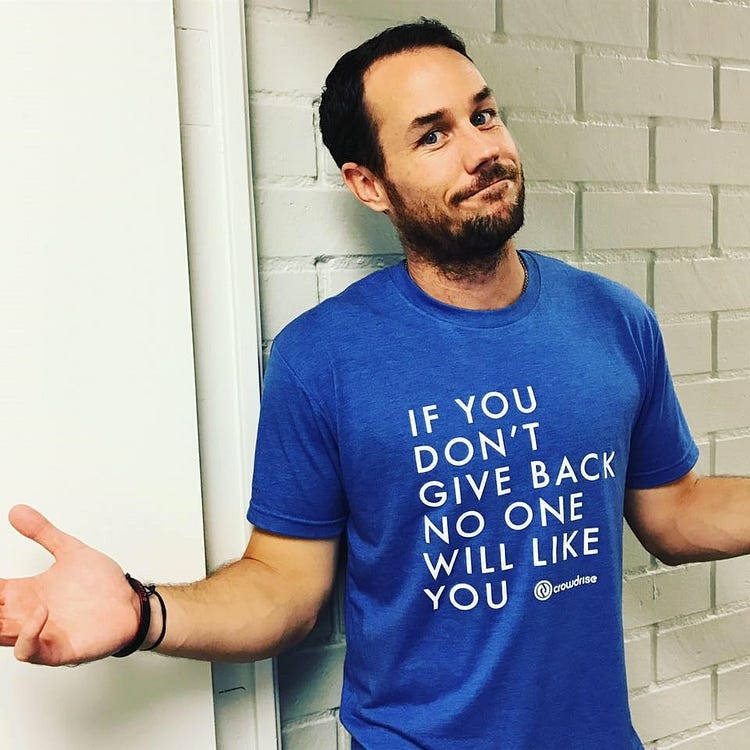
“Every time I get an email from someone that the work we do has impacted them in one way or another, it just keeps me going. It’s hard for me sometimes because you wonder if the work that you do matters and if it’s really making an impact. Then you get an e-mail or a phone call from someone who has loved our videos and has benefited from the resources we provide and it makes it all worth it.”
What also makes the work he does worth it, is that he knows the what he does every day is helping to diminish the misconceptions surrounding mental health that keep so many athletes from seeking help.
According to McCarney, the biggest misconception surrounding mental health is that it’s helpless.
“People who suffer from mental health disorders often get so self-conscious that they feel that there’s no upside, no way that they can get better, and no help.”
However, McCarney also says that he works every day both in his own life and in the lives of others to remind people that:
Mental Health struggles and personal success can co-exist. Contrary to popular belief, it is possible to succeed in your career, your relationship, and your social life while still physically struggling with your mental health disorder. Your diagnosis is just an obstacle, it’s not a cliff and it’s something that can be managed and dealt with effectively if you’re brave enough to seek the appropriate help.
To learn more about Athlete’s Against Anxiety and Depression and about how McCarney leverages his background as an athlete to overcome his own mental health obstacles, check out his new book, Tell Your Story!
